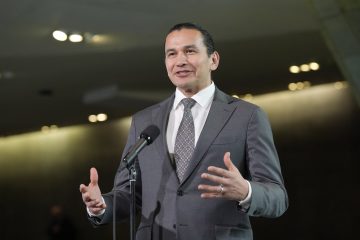Modi: A Comprehensive Look at India’s Prime Minister

Introduction
Narendra Modi, the Prime Minister of India since 2014, has become a pivotal figure in both national and international politics. His tenure has seen significant changes in policies impacting agriculture, industry, and foreign relations. Understanding Modi’s leadership is essential as it shapes the course of one of the world’s most populous democracies.
Rise to Power
Modi began his political career in the Rashtriya Swayamsevak Sangh (RSS), a Hindu nationalist organization. He rose through the ranks, eventually becoming the Chief Minister of Gujarat in 2001. His governance in Gujarat was often credited with significant economic growth but was also marred by controversy regarding communal riots in 2002. In 2014, riding the wave of promises for development and governance reform, Modi’s Bharatiya Janata Party (BJP) won a decisive victory in the national elections.
Key Policies and Initiatives
During his time in office, Modi has introduced several key initiatives aimed at transforming India. Make in India is a flagship program designed to encourage investment in manufacturing. Digital India aims to enhance connectivity and digital literacy across the country. The recently launched Atmanirbhar Bharat initiative promotes self-reliance, especially in the wake of the COVID-19 pandemic. Furthermore, Modi’s government took bold steps on issues like the abrogation of Article 370 in Jammu and Kashmir, which aimed to integrate the region more fully into India.
Foreign Relations and Global Presence
Modi’s approach to foreign policy emphasizes strengthening bilateral ties. He has made significant efforts to enhance India’s standing on the global stage, engaging with leaders from different nations and participating in multilateral platforms. The recent partnership with the United States regarding defense and technology highlights his strategy to position India as a key player in the Indo-Pacific region. Additionally, Modi has been proactive in addressing issues like climate change, positioning India as a leader in renewable energy initiatives globally.
Conclusion
As Narendra Modi continues his leadership, the implications of his policies resonate within India and across the world. Analysts predict that his government’s direction will focus on digital transformation, economic self-sufficiency, and forging stronger international alliances. The effectiveness of these initiatives will play a crucial role in shaping the future of India’s socio-economic landscape and its position as a significant global player. Understanding Modi’s leadership is indispensable for comprehending the dynamics that will influence India in the years to come.








